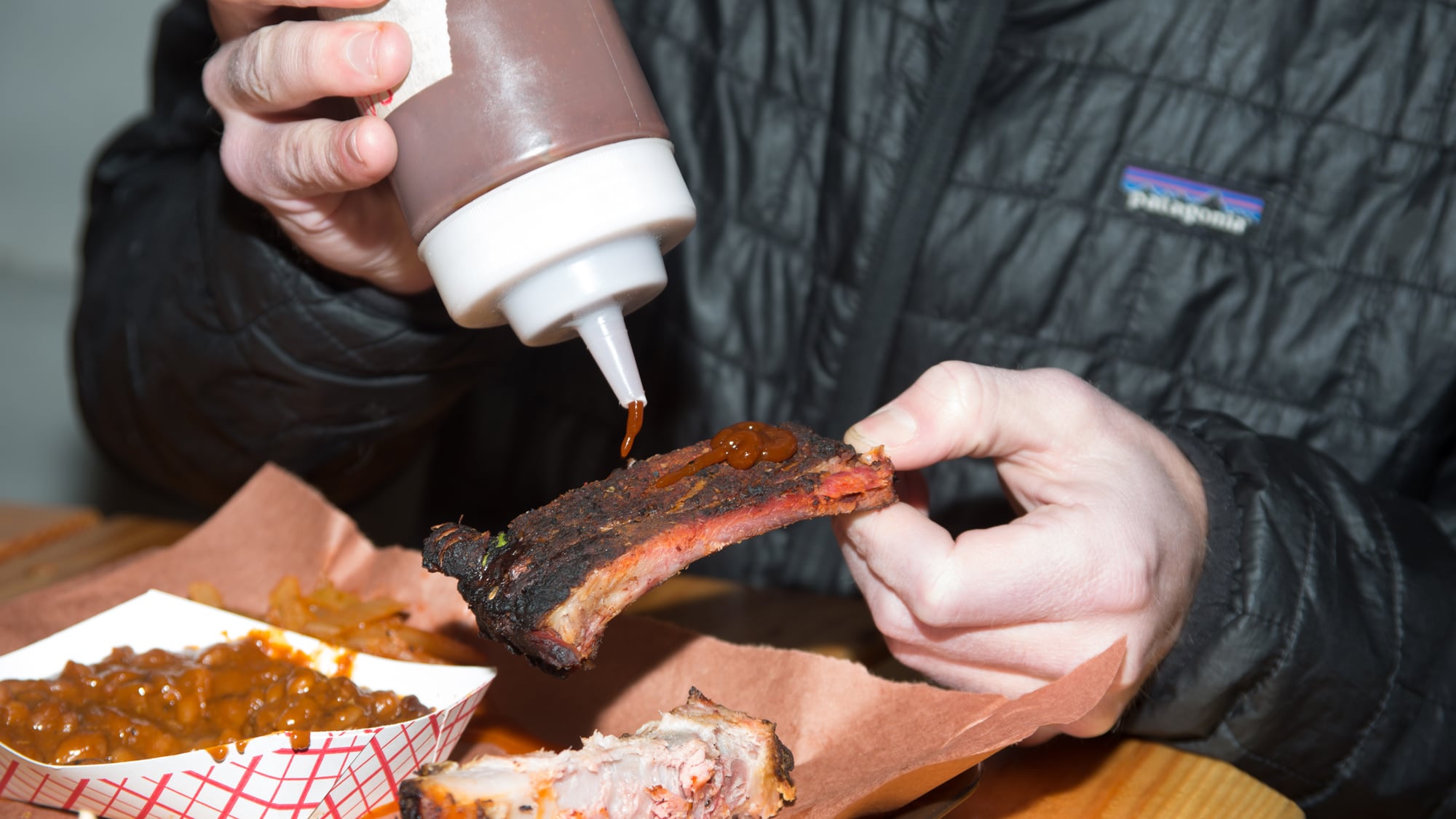I’ve heard people complain about the smoke produced by barbecue restaurants, etc. To me it smells delicious, though some might feel differently. Bottom line: Is meat smoke actually a health hazard, or is it just an annoyance that’s no worse than other smells people might not like? —Meat the Press
I recently learned that some City Hall media relations people dread having their bureaus mentioned in a Dr. Know column. “It may be a positive story, but it’s still going to be full of cocaine and hookers,” one told me—as if even when I’m taking their side, I do it in a way that’s not flattering.
I think that’s just silly, which is why I’m confident the barbecue industry will appreciate my saying that, in most cases, being downwind of a smoker is no more harmful than living next to a sewage treatment facility or cattle-rendering plant: Sure, you may not like the smell, but it probably won’t kill you. You’re welcome!
Sadly—and I say this as a fat guy who won’t shut up about his Traeger grill—even this less-than-full-throated endorsement comes with caveats. Meat smoke can contain any of a number of irritants, including smoke particulates, polycyclic aromatic hydrocarbons, volatile organic compounds, and carbon monoxide. Those all sound pretty bad! However, bear in mind you get all that stuff any time you burn anything: wood, natural gas, gasoline. Cars produce a lot more PAHs than barbecue does.
Is meat smoke dangerous? As with all forms of environmental exposure, the duration and concentration of the exposure (and whether you have an existing respiratory condition) will determine the outcome. If you’re a healthy person getting the occasional whiff, you’re probably going to be fine. If you’re a guy with COPD whose job is standing in a smoke cloud flipping chickens eight hours a day, maybe take some precautions.
If you’re in between—a regular citizen who feels like they’re getting too much smoke—overcome your Portland instinct to suffer in passive-aggressive silence and speak up. Most professional smokers are eager to be seen as good neighbors, and will work with you if there’s a problem.
That just leaves the danger of amateur brisket jockeys like me. God knows I’m rarely eager to be seen as a good neighbor, but fortunately I’m usually too busy with the cocaine and the hookers to get around to firing up the Traeger more than a couple of times a year, so it all works out. Happy grilling!
Questions? Send them to dr.know@wweek.com.
